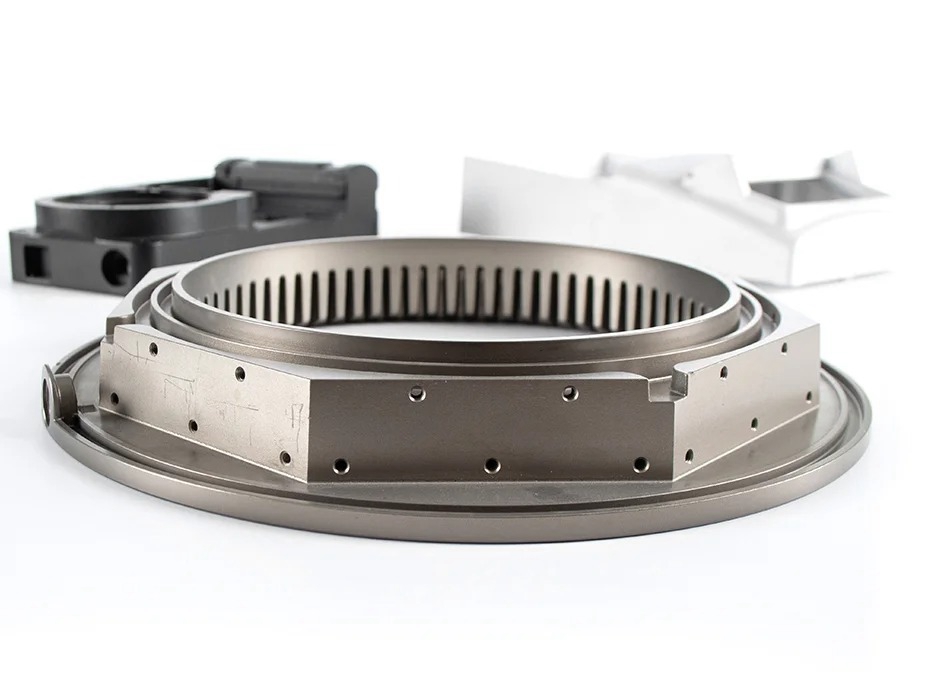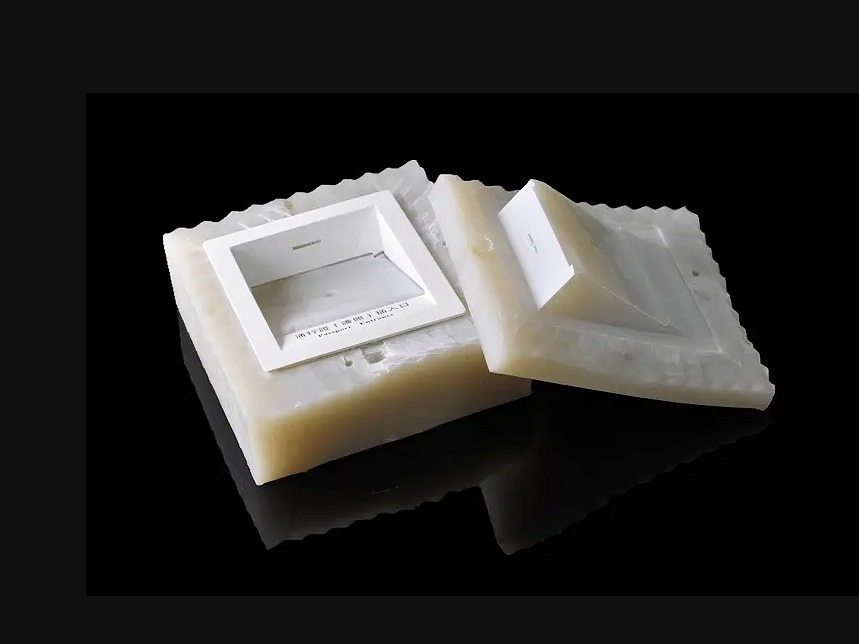What materials can be used in rapid injection molding?
Rapid injection molding has become indispensable in contemporary manufacturing, enabling industries to swiftly adapt to evolving global supply chains, market volatility, and demands for localized production. Amid recent global supply chain disruptions and an increased focus on sustainability, rapid injection molding provides manufacturers the agility to produce customized prototypes and low-volume production parts rapidly, accurately, and economically.
The following are ten widely utilized materials in rapid injection molding, each offering unique properties tailored to diverse industrial applications:
ABS (Acrylonitrile Butadiene Styrene): Exceptional impact resistance, ease of molding, and superior dimensional stability. Commonly used in automotive components and electronic housings.
PC (Polycarbonate): Excellent optical clarity, impact strength, and heat resistance, making it ideal for medical devices, automotive lighting, and safety equipment.
Nylon (Polyamide, PA): High strength, durability, and wear resistance, extensively utilized in automotive gear assemblies, mechanical parts, and industrial fasteners.
POM (Acetal): Low friction, precise dimensional control, and excellent rigidity, commonly chosen for precision gears, bearings, and electronic components.
PP (Polypropylene): Lightweight, flexible, and chemically resistant; extensively adopted for automotive interiors, medical packaging, and household products.
PE (Polyethylene, including LDPE, HDPE): Versatile and chemically inert; ideal for consumer packaging, automotive fluid containers, and medical device housings.
PBT (Polybutylene Terephthalate): Superior electrical insulation and chemical resistance; perfect for automotive connectors and electrical components.
PEEK (Polyether Ether Ketone): High-performance thermoplastic offering exceptional mechanical strength and thermal stability up to 260°C, vital for aerospace, medical implants, and automotive engine components.
TPU (Thermoplastic Polyurethane): Offers flexibility, elasticity, and abrasion resistance, suitable for wearable medical devices, automotive sealing components, and sporting goods.
LCP (Liquid Crystal Polymer): Excellent dimensional stability, low moisture absorption, and resistance to high temperatures, essential for intricate electronic connectors and precision optical parts.
To fully leverage these materials and achieve optimal manufacturing results, buyers are encouraged to explore Neway Precision’s comprehensive range of services, including Plastic Injection Molding, CNC Machining Prototyping, 3D Printing Prototyping, and tailored Consultative Design Services. These solutions enable precise customization, rapid delivery, and consistent quality, supporting diverse industrial needs effectively.



